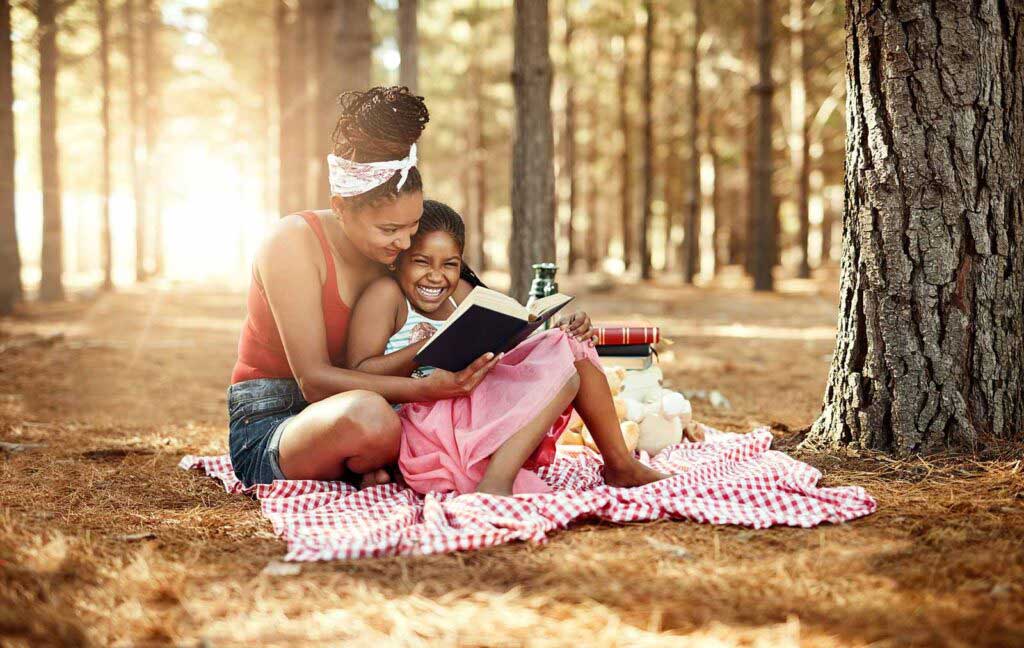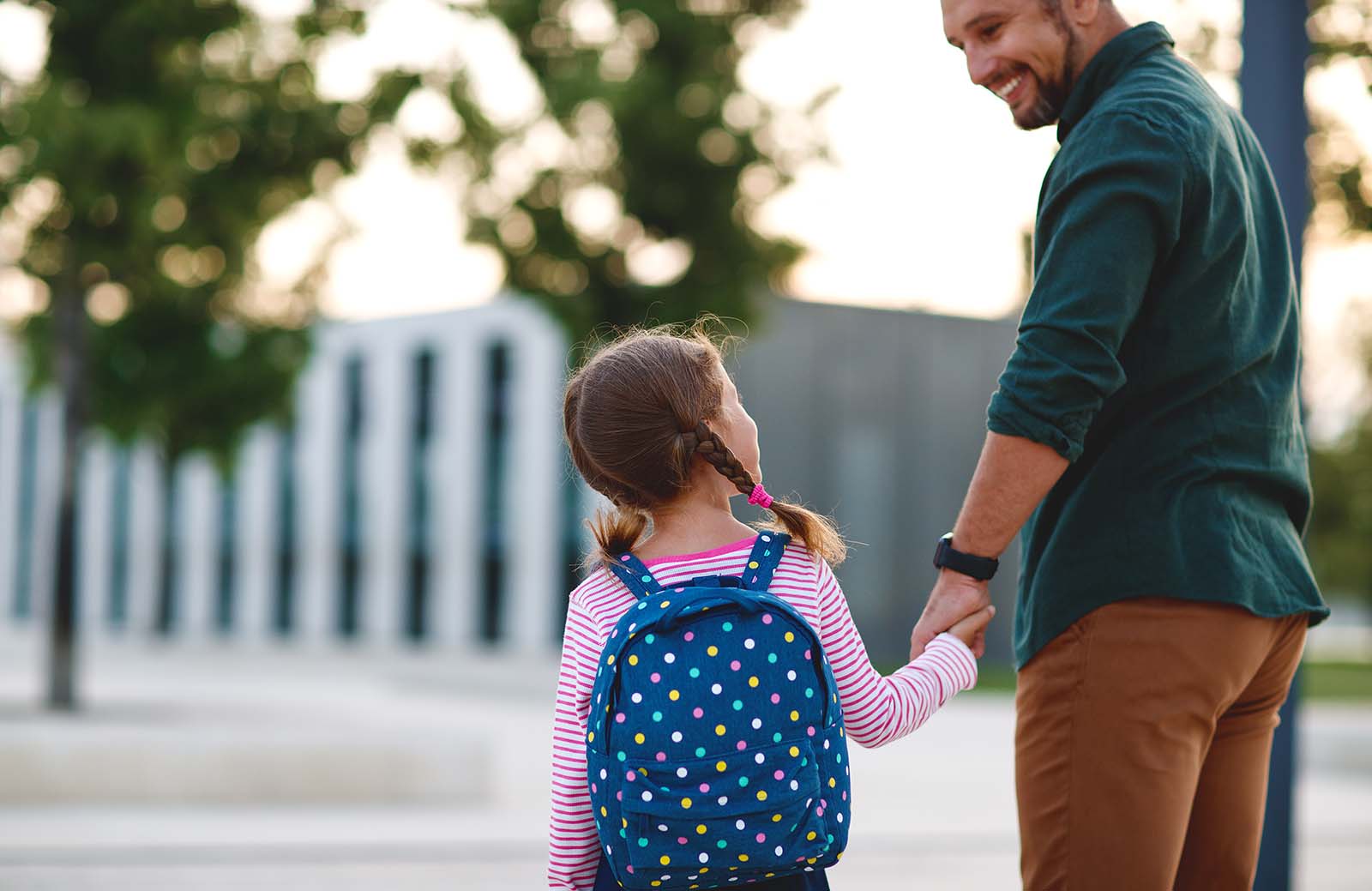Tips for Planning a Playdate
December 30, 2022
Playdates are a fun and essential activity for children to develop friendships and learn critical social skills that will enable them to make their way through life. Children learn to become more independent and empathetic as they grow from the “me” or “mine” stage, and playdates offer great opportunities for them to practice the art of compromise and taking turns. They are also learning kindness, generosity, and how to express their feelings appropriately.
When scheduling a playdate that your child will attend without you, it’s a good idea to talk to the other parent about important details regarding your child, such as diet or allergies. You may also want to know if the family has pets.
Remember that while this may be your first child, your child’s friend could be that family’s second or third child. If the family has other children, ask what types of activities your child will engage in and voice any activities you are not comfortable having your child participate in. Check to see who will supervise the children: is there another caregiver at the home if something happens?
If you’re hosting the playdate, keep things simple, and don’t worry about impressing other parents. While this could potentially mean your house may get messy, or your child will have to share their toys, you’ll save yourself from unnecessary stress. It also provides you with teachable moments to guide your child through these situations.
Tips for hosting great playdates
- Let your child take the lead. Ask them who they would like to invite over, or you can take cues from who they seem drawn to at school or on the playground.
- Start small. Invite one child over first, so your child adjusts to sharing their things with another child. Later, you can build up to having a small group.
- Keep your pets away to ensure everyone’s safety.
- Keep snacks simple and easy while ensuring you know about everyone’s allergies or food sensitivities.
- Set a definite start and end time. We suggest two hours to start.
- Have a quiet or structured activity in your back pocket if the kids start getting wound up. Consider activities like baking cookies or doing simple arts and crafts.
- Be firm about clean-up. Explain to the children that they must clean up one activity before moving on to the next. You may only want to keep toys with a few pieces readily available until you get the hang of hosting.
- Make yourself available as children need help working out conflicts. For older children, don’t jump in too fast – see if the kids can work out their issues for themselves first.
- Give the children fair warning that their playdate is coming to an end. If it was a success, talk to them about what they enjoyed and what they might like to do at the next playdate.
Playdates are a great way to enrich your child’s life as they learn a range of essential life skills. As they play, they learn creativity, communication, and working together as a team. Knowing how to do this builds self-esteem and confidence and will help children thrive in group settings in and out of school.



